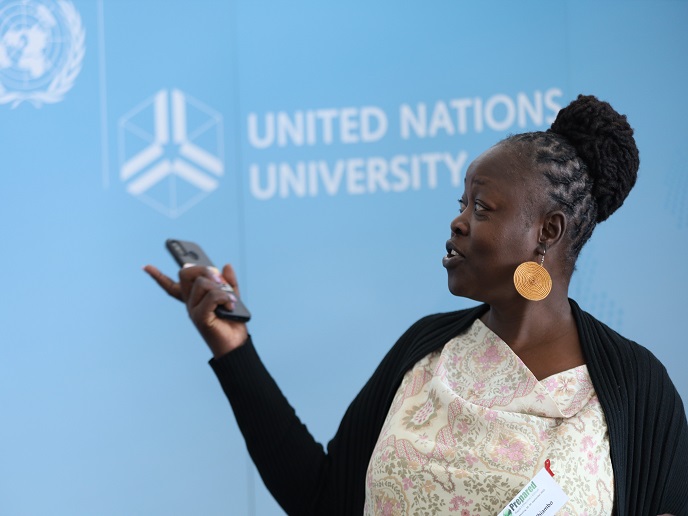Ethics and integrity in times of crisis
From climate change to war, global pandemics and natural disasters, it can seem like there’s a crisis around every corner. Regardless of what the problem is, time is always of the essence. The faster we learn about a crisis, the faster we can come up with solutions. As was seen with the rapid development of a vaccine during the COVID-19 pandemic, these solutions often demand that scientific research deliver rapid results. But how do we balance the need for quick research with the ethical duty of protecting research participants and producing sound science? How can the processes and institutions that are responsible for protecting ethics and integrity in research be better prepared for dealing with crises and accelerated research? That is the question asked – and being answered – by the EU-funded PREPARED(opens in new window) project. “Research during global crises needs to be fast, streamlined, unbureaucratic and not duplicative,” says project coordinator Doris Schroeder, professor of Moral Philosophy at UCLan Cyprus(opens in new window) School of Law. “The PREPARED project will look at existing mechanisms and ask whether they can be accelerated and streamlined without endangering the protection of research participants and the trustworthiness of science.”
Global crises affect everyone
Crisis situations often leave researchers, decision makers, governments, industry and the public in uncharted waters. To help stakeholders better navigate these waters, the PREPARED project has created a network of researchers, funders, policymakers, NGOs, citizens and publishers. Together, this network is actively engaged with those on the frontlines of crises, including healthcare workers and emergency first responders. What is more, the project systematically and actively involves marginalised populations, to ensure that all voices are heard. “Global crises affect all aspects of humanity,” adds Schroeder. “We therefore cannot ignore the human, social, economic and political contexts in our work.”
A framework for crisis research
During a June 2023 conference held at UNESCO headquarters in Paris(opens in new window), the project presented some of its early findings and its innovative approach to policy briefs. How to bridge research ethics and research integrity and how to involve marginalised populations in equitable research were two of the main topics covered. One presentation highlighted the need for respectful scientific communication during a pandemic. “Scientific communication is fundamental during a pandemic, but responsibility lies with both the citizens, who need to be careful about what they share on social media platforms, and with scientists, who need to be mindful of the language they employ,” said a speaker.
This time we’ll be better prepared
In addition to the framework, the project also plans to produce a code of conduct, guidelines, case studies, training programmes and fast-track procedures. All of these will then feed into policy options that the project will propose to EU decision makers, helping to promote a dialogue with global partners. “While it’s only a matter of time before the next crisis hits, our work looks to ensure that when it does, we’ll be better prepared,” concludes Schroeder. The PREPARED project builds on the work of the EU-funded TRUST project, whose Code of Conduct for Equitable Research Partnerships(opens in new window) has been adopted by high-profile organisations around the world and recognised as an important reference document by the Council of the European Union, in its conclusions from 2021 on the Global approach to Research and Innovation(opens in new window).



